The Hidden Cost of Operational Inefficiency
Hospitals and health systems are under constant pressure to deliver more care with fewer resources.
Between staffing shortages, increasing administrative complexity, and financial constraints, even small inefficiencies in the back office can ripple into larger organizational problems.
Delayed prior authorizations slow care.
Manual claim reviews delay revenue.
Redundant data entry burns staff time and morale.
The result? Frustrated teams, inconsistent patient experiences, and mounting financial strain.
The good news: these aren’t unsolvable problems—they’re symptoms of outdated workflows.
AI-powered automation is now giving health systems a way to streamline their most time-consuming administrative tasks, reduce errors, and give staff time back to focus on care delivery.
1. Start With Where the Bottlenecks Begin
Every health system has a unique operational structure, but the root causes of inefficiency are often the same:
- Disconnected systems that don’t communicate
- Manual processes for billing, compliance, or documentation
- Lack of visibility across departments
- Inconsistent data between clinics, hospitals, and affiliates
When these friction points compound, the cost isn’t just financial—it’s cultural. Staff spend more time chasing tasks and less time improving processes.
The first step toward automation isn’t new technology—it’s understanding where the workflow breaks down.
2. Target Repetitive, High-Volume Tasks First
AI works best when it’s applied to predictable, rule-based work.
In healthcare administration, that includes:
- Prior authorization management
- Revenue cycle reconciliation
- Documentation and chart prep
- Compliance tracking and reporting
- Scheduling and referral routing
Automating these areas doesn’t require replacing existing systems.
Instead, it adds an intelligent layer that connects them—reducing duplicate work and catching errors before they escalate.
3. Unify Data Across Departments
Most health systems have grown through mergers or partnerships, resulting in a patchwork of systems and processes.
That complexity makes it difficult to standardize reporting or coordinate care across locations.
AI-powered infrastructure acts as connective tissue, integrating data from different EHRs, billing systems, and communication tools.
This creates a single source of truth—one operational view that leadership can trust.
Unified data isn’t just cleaner—it’s actionable.
It lets teams spot bottlenecks early, measure performance accurately, and prioritize resources where they matter most.
4. Strengthen Compliance Through Automation
Compliance teams spend countless hours on documentation, audit preparation, and policy monitoring.
AI can automate much of that process by:
- Tracking deadlines and renewals automatically
- Monitoring documentation for completeness
- Generating audit logs in real time
- Alerting staff to potential compliance gaps before they occur
Rather than relying on reactive audits, automation enables continuous compliance.
That means fewer surprises—and fewer last-minute scrambles.
5. Empower Staff, Don’t Replace Them
One of the biggest misconceptions about AI in healthcare is that it threatens jobs.
In practice, the opposite is true.
AI offloads repetitive administrative work, allowing staff to focus on what truly requires human judgment—patient interaction, care coordination, and strategic improvement.
The result is a more engaged workforce.
Teams feel supported, not stretched.
And health systems see measurable improvements in both staff satisfaction and operational performance.
Why Leading Health Systems Choose Honey Health
Honey Health was built to help health systems eliminate operational friction at scale.
Its healthcare-native AI automates documentation, authorizations, billing workflows, and compliance tasks—while integrating directly with existing EHR and billing systems.
Key advantages include:
- Healthcare-Specific AI: Trained on the complexities of hospital and multi-site operations.
- Seamless Integration: Works with Epic, Athenahealth, eClinicalWorks, and other major systems.
- Centralized Data View: Unifies workflows across clinics and departments.
- Automated Compliance: Tracks deadlines, logs activity, and ensures accountability.
- Measurable ROI: Demonstrates tangible time and cost savings within months.
For health systems managing thousands of tasks across hundreds of people, Honey Health provides the infrastructure for efficiency, transparency, and peace of mind.
From Bottlenecks to Breakthroughs
Administrative inefficiency doesn’t have to be the price of scale.
With the right automation foundation, hospitals can operate faster, more accurately, and with less strain on their teams.
AI doesn’t just make workflows smoother—it makes entire systems stronger.
It creates the space for staff to focus on patients, not paperwork, and for leaders to think strategically instead of reactively.
In healthcare, efficiency isn’t a luxury. It’s the foundation of better care.
And the hospitals that recognize that today will define operational excellence tomorrow.

